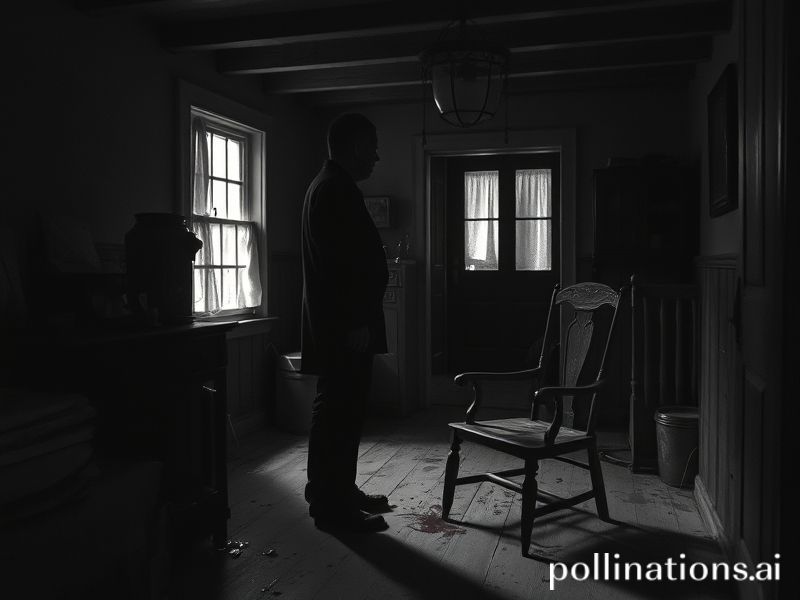Did Ed Gein Really Kill His Brother? The Internet’s Latest Macabre Mystery
**Did Ed Gein Really Kill His Brother? The Internet’s Latest Macabre Mystery**
Alright, folks, buckle up! We’re diving headfirst into the twisted world of Ed Gein, the Wisconsin-based horror icon whose real-life crimes inspired some of Hollywood’s most chilling characters. But why, you ask, is the internet suddenly abuzz with the question, “Did Ed Gein really kill his brother?” Let’s break it down, shall we?
**The Cultural Context: A Horror Icon is Born**
Ed Gein, the “Butcher of Plainfield,” is a name that sends shivers down the spines of true crime enthusiasts and horror buffs alike. His gruesome crimes in the 1950s inspired characters like Norman Bates (Psycho), Leatherface (The Texas Chainsaw Massacre), and Buffalo Bill (The Silence of the Lambs). But Gein’s story took a new turn recently, thanks to a viral TikTok video and the power of internet sleuthing.
**The Viral Video and the Internet’s Obsession**
A TikTok user named @crimehistory posted a video questioning whether Ed Gein actually killed his brother, Henry Gein, or if it was a cover-up. The video has since racked up millions of views, sparking a global debate. The internet, being the collective hive mind it is, has since exploded with theories, discussions, and even memes about the case.
But why is this particular question captivating the global audience? Well, for starters, it’s a classic whodunit with a macabre twist. It’s also a testament to the power of the internet in resurrecting (pun intended) old cases and bringing them to the forefront of public consciousness.
**The Social Impact: True Crime in the Digital Age**
The Ed Gein case is a prime example of how the internet has changed the way we consume and engage with true crime. It’s not just about reading a newspaper article or watching a documentary anymore. Now, we have viral videos, memes, and online forums dedicated to dissecting every gory detail.
Moreover, the case has sparked discussions about mental health, the criminal justice system, and the ethics of true crime entertainment. It’s a stark reminder that behind every horror story, there are real people, real victims, and real consequences.
**Why This Topic is Significant**
The significance of this topic lies in its ability to captivate a global audience and spark meaningful discussions. It’s a testament to the power of the internet in shaping our cultural narrative and bringing attention to cases that might otherwise be forgotten.
Furthermore, the Ed Gein case serves as a cautionary tale about the dangers of sensationalizing violence and the importance of understanding the root causes of crime. It’s a reminder that behind every monster, there’s a story, and it’s our responsibility to explore it with empathy and nuance.
**Conclusion: The Internet Never Forgets**
So, did Ed Gein really kill his brother? The internet is still out here trying to figure it out. But regardless of the answer, one thing is clear: the internet has a insatiable appetite for true crime, and cases like Ed Gein’s will continue to captivate global audiences for years to come.
As we continue to navigate the digital age, let’s remember to approach these topics with sensitivity and respect for the victims and their families. After all, true crime is more than just entertainment—it’s a reflection of our society and a reminder of the darkness that lurks within us all.







